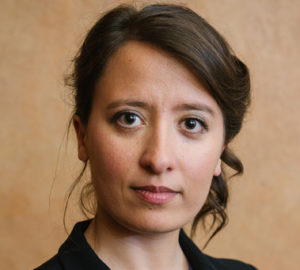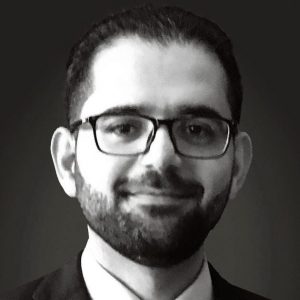Religion, the Russian-Ukrainian War, and Social Media
 Elizaveta Gaufman is Assistant Professor of Russian Discourse and Politics at the University of Groningen, Netherlands.
Elizaveta Gaufman is Assistant Professor of Russian Discourse and Politics at the University of Groningen, Netherlands.
When I first discussed this post with Talk About editor Dmytro Vovk we lived in a different world. We chatted, exchanged screenshots, and I wondered whether my findings would even be interesting to the public. After all, pro-Kremlin social media users were not keen on invoking shared religion in conflict resolution and seemed to have drawn a line between Russians and Ukrainians. At the time of writing, the editor of this post is sheltering from air raids in Kharkiv with his family, and I am sending him daily messages hoping they are ok. What Putin’s regime is doing to Ukrainians is a crime. If those making decisions in the Kremlin actually did care about the common culture and religion that they claim to share with Ukrainians, they could at least remember “thou shalt not kill.”

